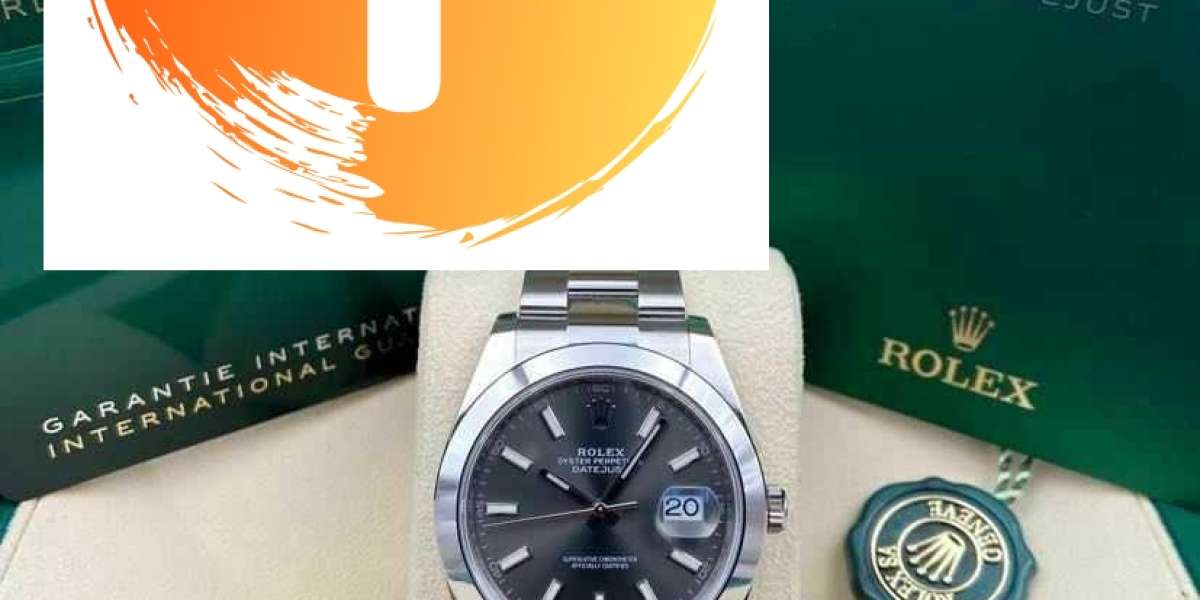
The market for luxury replica watches (Openlearning wrote) has been a contentious concern for both the fashion trade and regulation enforcement businesses. Among the most coveted and iconic luxury watches on the planet, Rolex watches are not any exception. With their repute for excellence in craftsmanship, precision, and prestige, counterfeit Rolex watches have flooded the market, usually fooling consumers with their close to-excellent look. However is it unlawful to promote these replica Rolex watches?
The quick answer is sure, promoting replica Rolex watches is unlawful. Rolex is a registered trademark, and the company vigorously protects its mental property rights. Which means that anyone selling replica Rolex watches without authorization from the model is infringing on Rolex's trademark rights and violating mental property legal guidelines.
Counterfeiting is a severe crime that undermines the integrity and fame of the brand being counterfeited. It additionally harms the official companies that sell authentic Rolex watches, as counterfeit products can drive down prices and erode shopper trust. Along with the financial influence, counterfeit watches typically lack the standard and craftsmanship of the genuine article, leaving consumers upset and out of pocket.
The legal framework surrounding the sale of counterfeit goods varies by nation, but most jurisdictions have laws in place to protect trademarks and intellectual property rights. Within the United States, for example, selling counterfeit items is a violation of the Lanham Act, which prohibits the sale of products which can be prone to cause confusion or deceive consumers as to the source or origin of the products. Penalties for infringing on trademark rights can include fines, confiscation of counterfeit items, and even imprisonment in some instances.
Along with civil and criminal penalties, promoting replica Rolex watches may end in authorized action from the brand itself. Rolex has a team of lawyers and investigators devoted to combating counterfeiting, and they're recognized for aggressively pursuing legal motion towards counterfeiters. This could include stop and desist letters, civil lawsuits, and even criminal prosecution in some circumstances.
While the legal consequences of selling replica Rolex watches are clear, the ethical implications are also price contemplating. Counterfeiting is not a victimless crime; it exploits consumers, deceives them into shopping for inferior products, and undermines the laborious work and creativity of authentic companies. By promoting counterfeit goods, people are contributing to a worldwide trade that earnings from deception and dishonesty.
Regardless of the risks and penalties, the marketplace for replica Rolex watches continues to thrive. On-line marketplaces, road distributors, and even some brick-and-mortar shops brazenly promote counterfeit watches, usually at a fraction of the value of the genuine article. This could make it tempting for shoppers to buy a pretend Rolex watch, especially if they're unable or unwilling to pay the high value tag of an authentic Rolex.
So, what can be achieved to fight the sale of replica Rolex watches? Shoppers can play a role by educating themselves in regards to the dangers and consequences of buying counterfeit items. By supporting authentic businesses and purchasing genuine merchandise, customers may help protect the integrity of manufacturers like Rolex and ensure that their arduous-earned money goes to the suitable place.
In conclusion, promoting replica Rolex watches is illegitimate and unethical. It undermines the fame of the brand, deceives shoppers, and contributes to a world business of counterfeiting and fraud. Whereas it could also be tempting to purchase a fake Rolex watch at a decrease value, the risks and consequences far outweigh the advantages. By supporting legit businesses and upholding intellectual property rights, we may help protect the integrity of brands like Rolex and promote a culture of honesty and integrity in the market.














